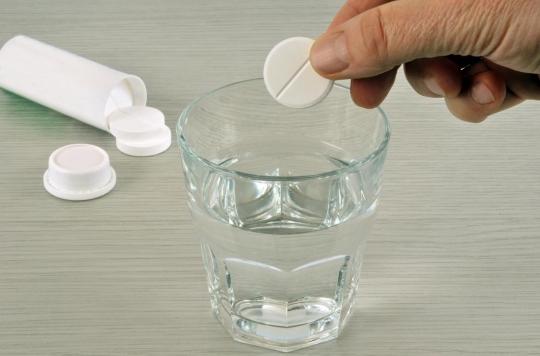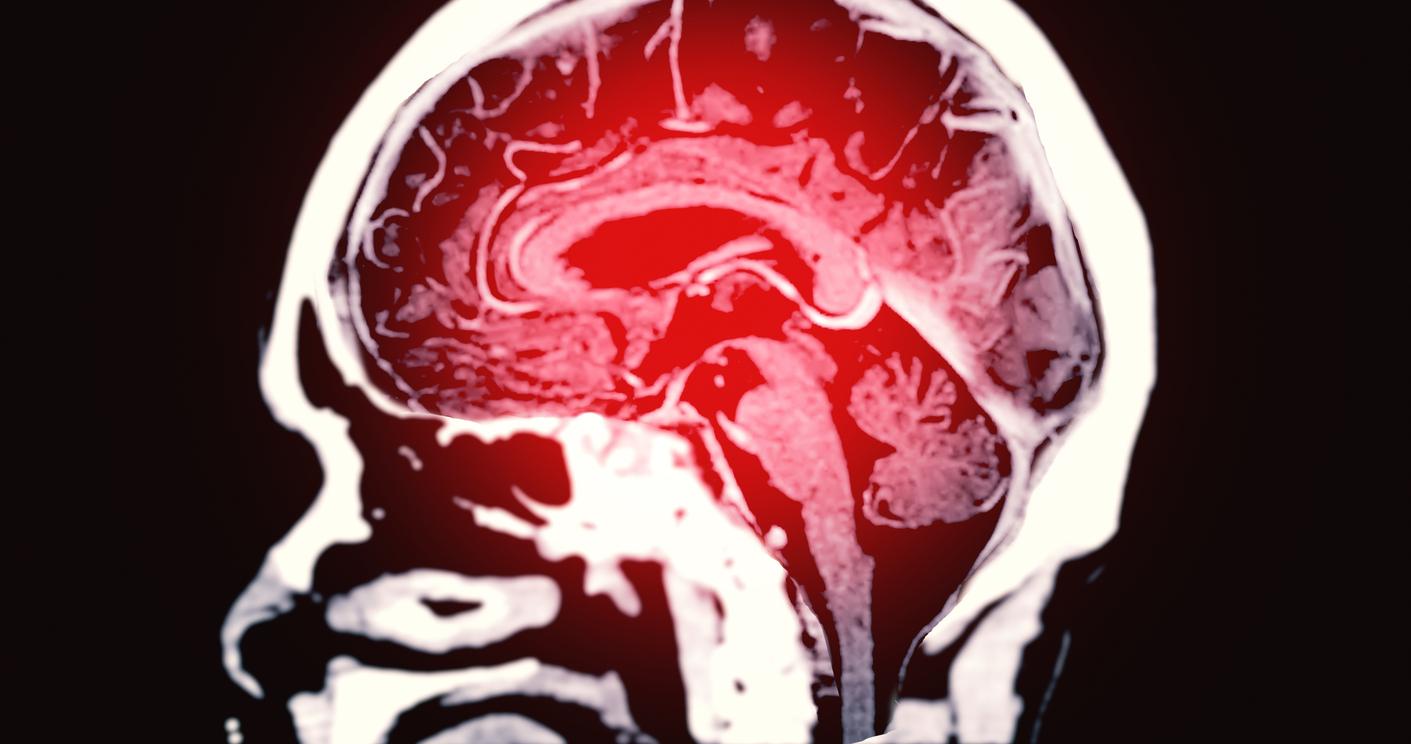People without a cardiovascular history should not take aspirin for prevention. The risks are too great, say American researchers.

About 30 years ago, scientists discovered that aspirin reduced the risk of fatal and non-fatal heart attacks, as well as the risk of having a stroke or developing colon cancer. However, more recent studies have shown that consuming aspirin regularly may have more negative consequences than health benefits. Also, at present, in the United States, health authorities recommend taking aspirin daily to prevent heart attacks or strokes only for people aged 50 to 69 with an increased cardiovascular risk. And yet, nearly a quarter of 40-year-old Americans take aspirin every day, whether they have a heart condition or not, researchers worry in a study published in Family Practice.
To reach this conclusion, Mark Ebell from the UGA College of Public Health (USA) and his colleague Frank Moriarty from the Royal College of Surgeons in Ireland compared studies on aspirin based on data from patients from 1978 to 2002 to four large-scale trials on the same subject conducted after 2005. That is, after the use of statins and screening for colorectal cancer became widespread.
For every 1,000 patients treated for five years, there were four fewer cardiovascular events and seven more major bleeding events. They also noted a lot of brain bleeds in aspirin users.
Find preventive alternatives
“If you look back to the 1970s and 1980s, when a lot of these original studies were done, patients weren’t taking statins to control their cholesterol, their blood pressure wasn’t as well controlled, and they weren’t not screened for colorectal cancer. About one in 300 people who have taken aspirin for five years have had a brain hemorrhage. This is quite serious damage. This type of bleeding can be fatal. It can be disabling, says Mark Ebell. We need these large studies to understand the small but significant increases in risk.”
“The data shows that the potential benefits (of aspirin) are similar to the potential harms for most people who have not had a cardiovascular event and who take it to try to prevent a first heart attack or stroke. first stroke”, he continues.
Also, the researcher calls on people worried about a cardiovascular risk but without a history to discuss with their doctor to find a preventive alternative to aspirin. “There are so many things we are doing better now that reduce the risk of cardiovascular and colorectal cancer, which leaves less room for aspirin,” he says.
Aspirin less and less recommended
This summer, an American study of the same kind had already warned against excessive consumption of aspirin. By studying data from the National Health Interview Survey (NHIS) carried out in the United States in 2017, Harvard scientists discovered that 29 million people aged 40 or over took an aspirin every day to prevent a heart attack. even though they had no cardiovascular disease. In addition, 6.6 million of them have adopted this habit without consulting their doctor beforehand. However, a small dose of aspirin is enough to increase the risk of cerebral hemorrhages, the researchers worried.
The results of this work therefore prompted the American Heart Association and the American College of Cardiology to modify their recommendations on the use of aspirin in the prevention of cardiovascular diseases. According to them, adults aged 70 and over who do not suffer from heart disease should not take aspirin daily for prevention, even at low doses, between 75 and 100 mg. What’s more, it is strongly discouraged for people at risk of bleeding to take aspirin every day. And this, whatever their age.
In France, “in primary prevention, in the absence of diabetes, long-term platelet inhibition by aspirin alone (75-160 mg/d) is recommended when the cardiovascular risk is high (fatal cardiovascular risk > 5 %)”, note the health authorities. And the CardiOnline specialized website to conclude: “The place of aspirin is increasingly reduced, before completely disappearing, and it only has its place in patients aged 40-70 at high ischemic risk and very low hemorrhagic risk.”

.

















